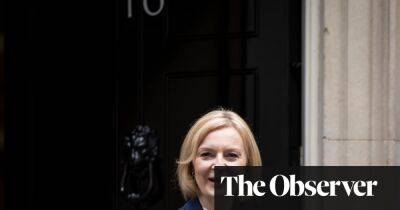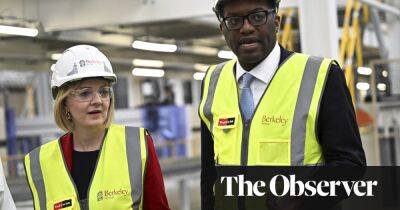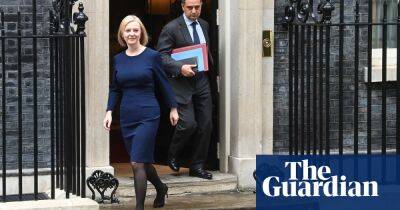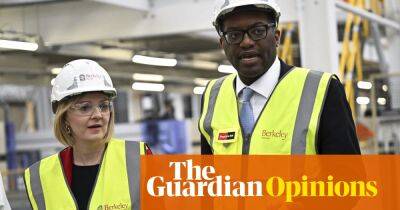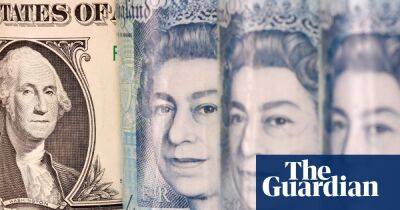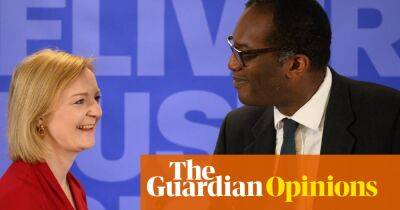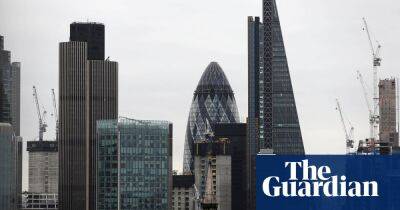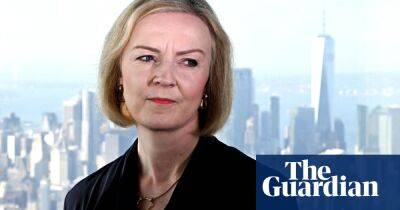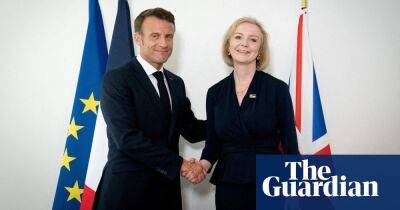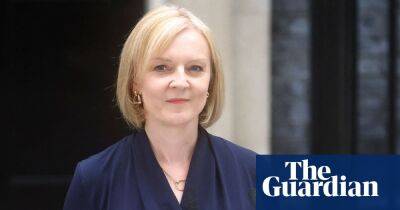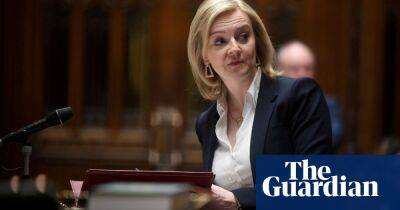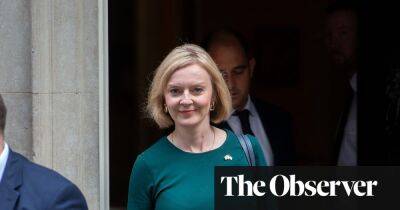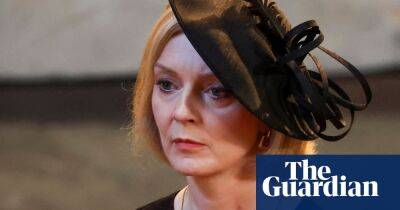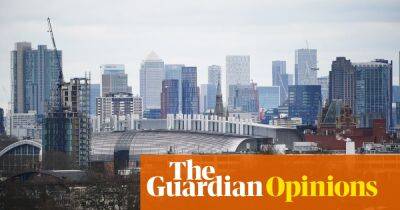Forget ‘levelling up’ – Liz Truss isn’t even pretending to care about inequality
As this most strange and surreal of national moments has unfolded, voices of power and influence have constantly talked about national unity and shared feeling. The media are suddenly awash with “we” and “us”. All those flowers, flags and banners embody the same message: that whatever this country’s tensions and resentments, the United Kingdom remains exactly that. But, by a grim accident of timing, when politics resumes this week the biggest story will be about something that suggests the exact opposite: a government so unconcerned by the huge gaps that divide people and places that it is going to widen them even further.
Friday will see the much-trailed “fiscal event” in which the new chancellor, Kwasi Kwarteng, will outline the details of the government’s energy prize freeze and the tax cuts promised by Liz Truss in her campaign for the Tory leadership. The Resolution Foundation reckons that, on average, the richest tenth of households will benefit from these measures by about £4,700 a year, while the poorest tenth will receive £2,200. By way of adding insult to injury, towards the end of last week news broke of Kwarteng’s push to remove the existing cap on banker’s bonuses, a legacy of our membership of the EU. As with Truss’s hostility to an extended windfall tax on the big energy companies, here was more proof of her government’s key intention: to “go for growth” by privileging wealthy and powerful people and interests, in the hope that doing so might boost the UK’s output.
Clearly, that approach leaves little room for the jumble of policies, rhetoric and half-formed intentions known as levelling up. That agenda was ailing already: even as Boris Johnson continued to talk up some imagined rebalancing of Britain as his
Read more on theguardian.com
